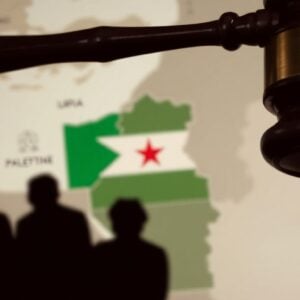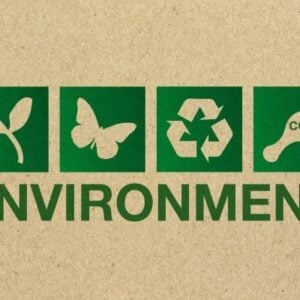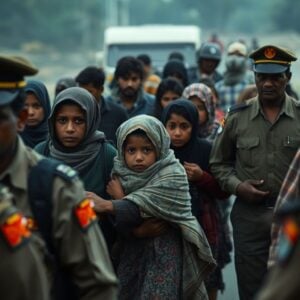Protests erupted in Nepal after the government blocked more than 20 social media platforms, including WhatsApp, X, Facebook, and YouTube, for failing to register with the authorities. Demonstrations turned violent in the capital, Kathmandu, where police reportedly used tear gas and opened fire on protesters attempting to storm the parliament complex. Curfews have been imposed in parts of the city, as well as in Rupandehi, with movement restrictions in Pokhara.
UN Resident Coordinator Hanaa Singer-Hamdy described the unrest as “so unlike Nepal” and expressed concern that casualty numbers may rise. She noted that many young people view the government’s decision as a restriction on freedom of expression and access to digital spaces, despite the authorities justifying the ban as a measure to curb misinformation, hate speech, and threats to social harmony.
Singer-Hamdy emphasized the urgent need to protect civilians and ensure unrestricted medical access for the injured. She urged all parties to exercise restraint, adhere to principles on the use of force, and safeguard democratic rights. UN agencies, including WHO, UNICEF, and the Office of the High Commissioner for Human Rights (OHCHR), are closely monitoring developments and preparing to provide health and humanitarian support if needed.
The UN’s role, she said, is to help protect civilians, uphold fundamental freedoms, and support Nepal in meeting its international human rights obligations. OHCHR separately expressed shock over the deaths and injuries of protesters and called for a prompt, transparent investigation. The agency urged authorities to respect freedom of expression and peaceful assembly while ensuring security forces comply with international standards on the use of force. It further encouraged dialogue as the best way to address young people’s concerns and pressed for reconsideration of the social media ban to align with human rights commitments.







